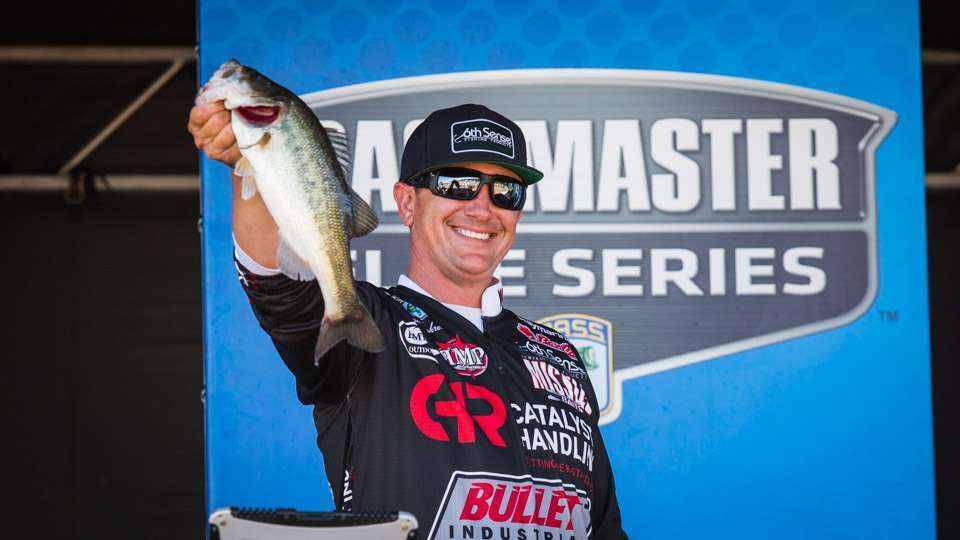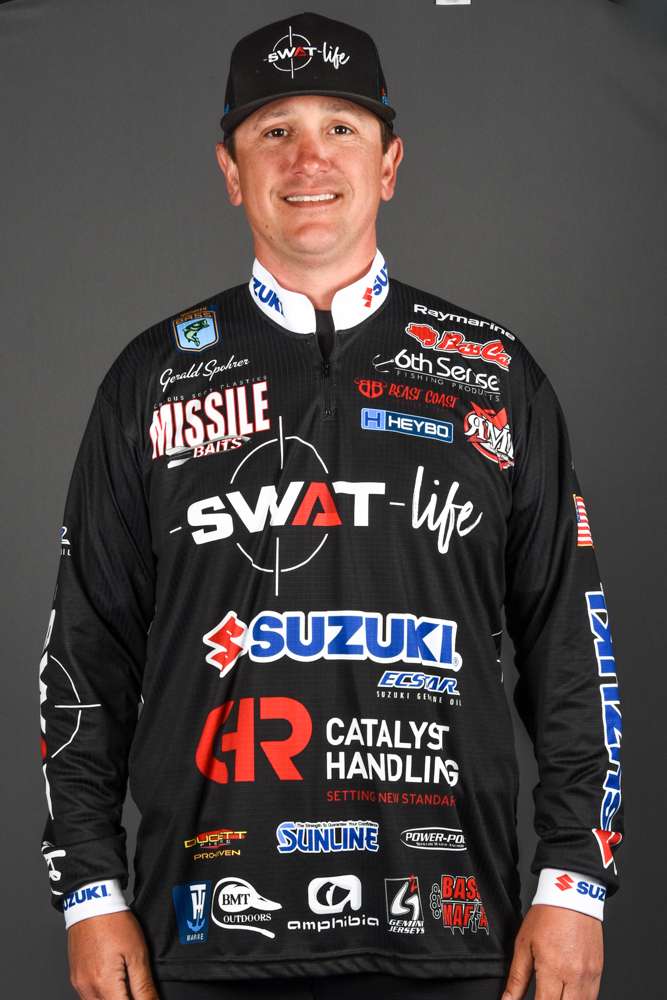
Four down and five to go.
We are almost to the halfway point of the 2017 Bassmaster Elite Series season. At this point in the season I was planning on writing a blog about success, and all I have done to get there. Well, that has not happened yet.
My season has started out with four unpaid finishes, and no excuses to back it up. I have wrestled with the idea of writing an article that was not about my success, and more about the fact that I’m down in points, or what my plan is to get myself out of this situation.
When a rookie angler on the Elite Series starts out with four bad tournaments everyone defaults to “it’s a learning curve” and “you’ll get it.” That one bugs me more than anything, but it’s true. It’s not true to the point of learning how to fish. But it is true to the point of finding your grove in this dynamic.
I feel like I may be trying too hard. Yes, in this sport you can try too hard. There is a fine line between trying too hard and being fully prepared for an event. I have been working my tail off pre-practicing every lake. Which is something I have never done before. I fish from daylight to dark every day so I’m always tired. I overwhelm myself with info studying constantly and analyzing scenarios.
Now the level of effort affects each angler differently. That’s the trick — finding out what works best for you. I know guys that it seem like the less they try the better they do, and I also know some anglers who have to put in every ounce of effort to be successful.
So now we are going to get to my point. I know you are probably reading this thinking it’s a sob story. Not true. That is the last thing I wanted to write about. Instead, this article is about paying attention to the things that define you as an angler, at my expense. It’s not always about mechanics, knowledge, or the secret bait that makes an angler successful.
It’s more often about what’s happening upstairs.
You see, as we all start tournament fishing and our skill level starts to progress, we will experience different levels of success along the way. You may start out bad, learn some things then do well the next year. Then the year after that may be the worst year ever.
So, what happens? I think as we develop as anglers we take many different paths. Imagine this for example; when we start we are heading down one road. All you know is what’s on that one road. Makes decisions easy, makes practice easy, makes preparation easy. As you develop as an angler more roads start to develop in front of you. In a sense, we become more versatile.
It is great to be a versatile angler but with that comes overwhelming amounts of decisions. You end up with many roads in front of you. Things aren’t so simple anymore. You only have 2 1/2 days to practice a lake that’s been off limits for 30 days. Some are deep and some are shallow. The deep ones take time to find, but when you do you will have them to yourself. If you don’t find them, you just wasted your practice. Should I be cranking or flipping? Finesse or power? The list goes on and on.
Ultimately I feel like this is where I am at with my career. I’ve gotten to the point where I can compete doing anything. I started as a shallow water specialist, but over the years I have developed deep water skills that make me want to live and die staring at my Raymarine graphs. It gets difficult to make the best decision between all the possible options and best develop your tournament strategy in a short period of time.
Some of the best, versatile guys in the world like Keith Combs, Edwin Evers, Jordan Lee seem to have mastered this. These are just a few of the guys on the Elites that can beat you any way on any lake. What makes them special is their intuition to be able to decide exactly what road to take in front of them when they get to a lake. They do it with confidence and make it work every time.
Don’t get me wrong. Every angler is capable of being versatile on the Elite series. But not every angler is as successful as they can be trying to be versatile. Some have chosen to be a specialist and focus on one road no matter what lake they go to, and have enjoyed a lot of success fishing that way. Some choose to fish that way and will deviate from their normal routine every now and then to maintain success.
Knowing if you’re the guy who needs to work his tail off for success, or to just keep it on cruise control to maintain your mindset. Finding your grove means finding what works best for you. When you find out what that is and how to go about it, then the decisions become more natural, intuition takes over and I believe at that point you will achieve the level of competitiveness you’ve so long desired.
So, if you’re at the point in your career where you are at a low, don’t give up, because you are just in the process of finding your grove. And, don’t try and force it, because it must develop on its own. It’s a time-consuming process, and one that requires patience and a willingness to learn, adapt and apply all that is set before you.

